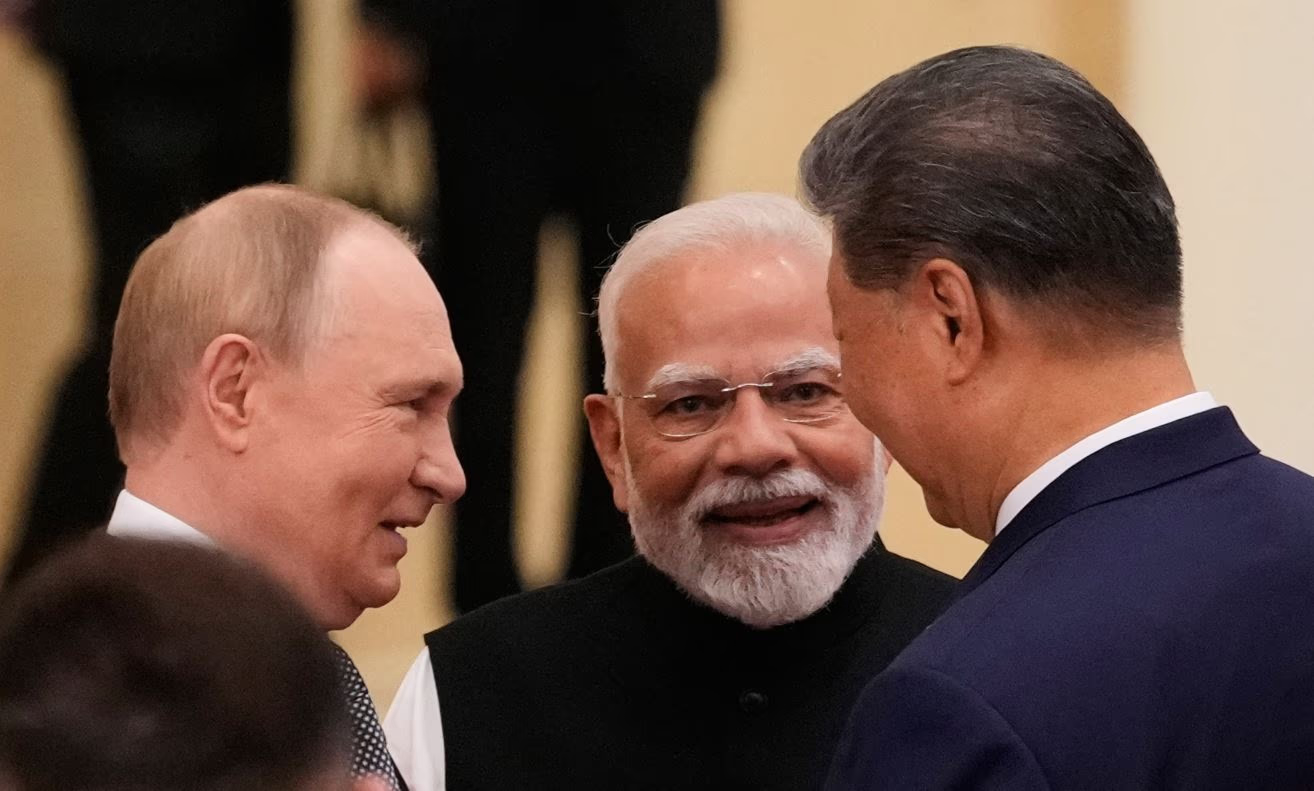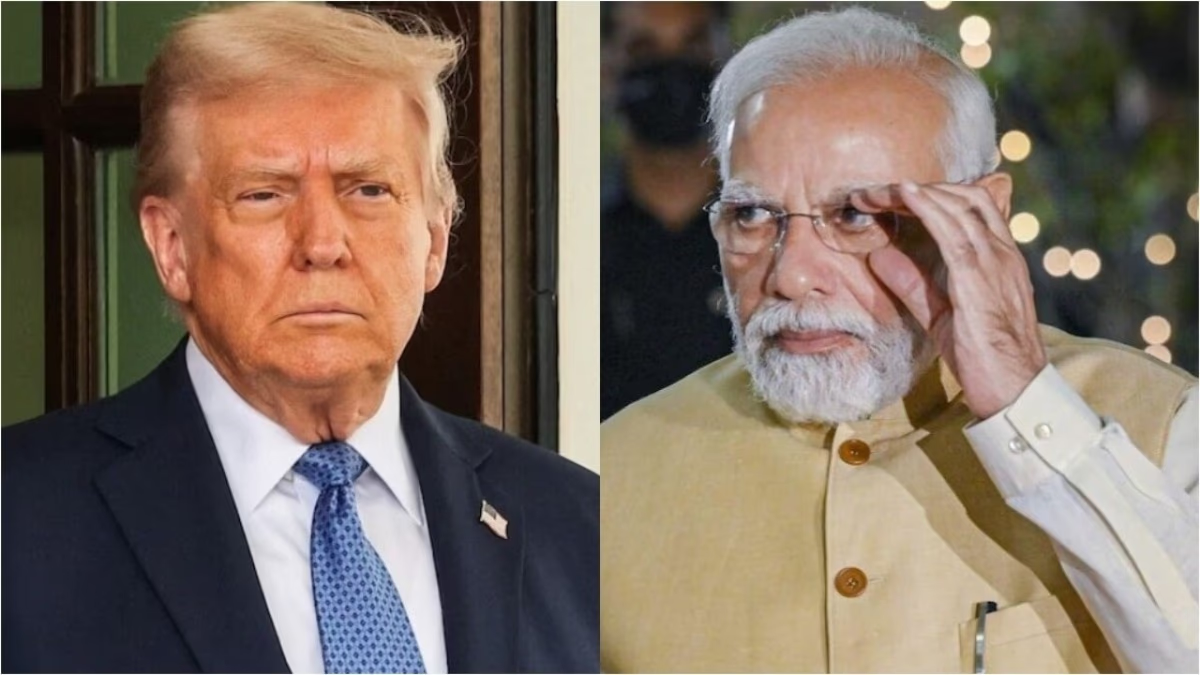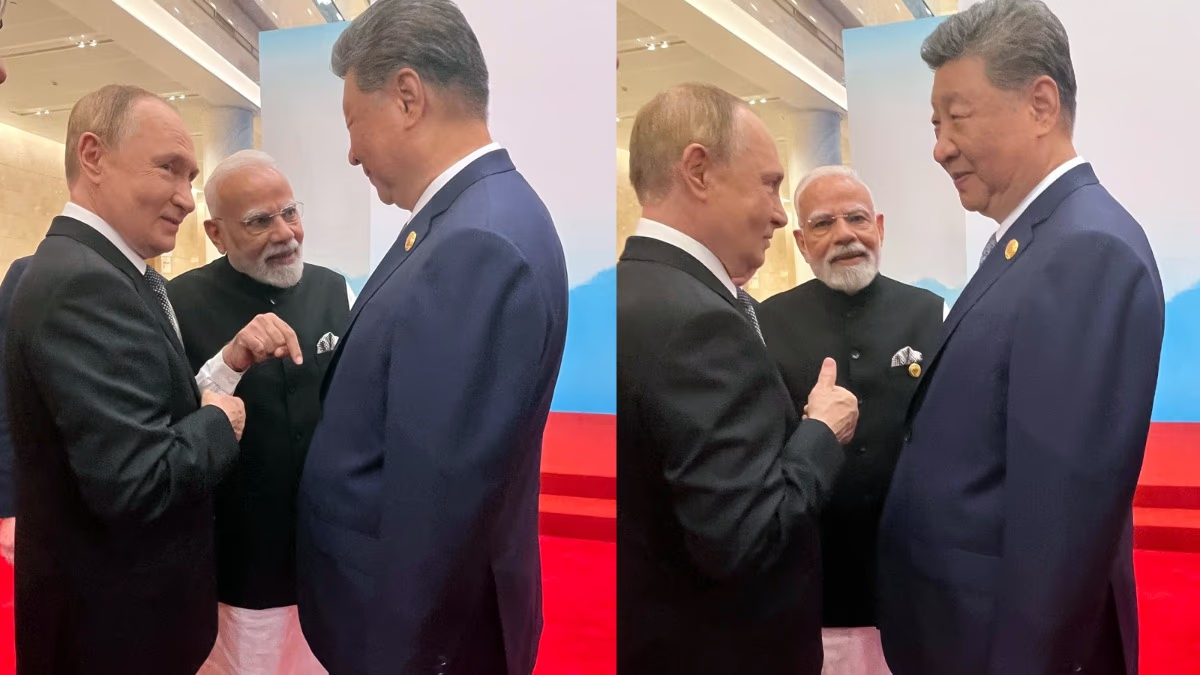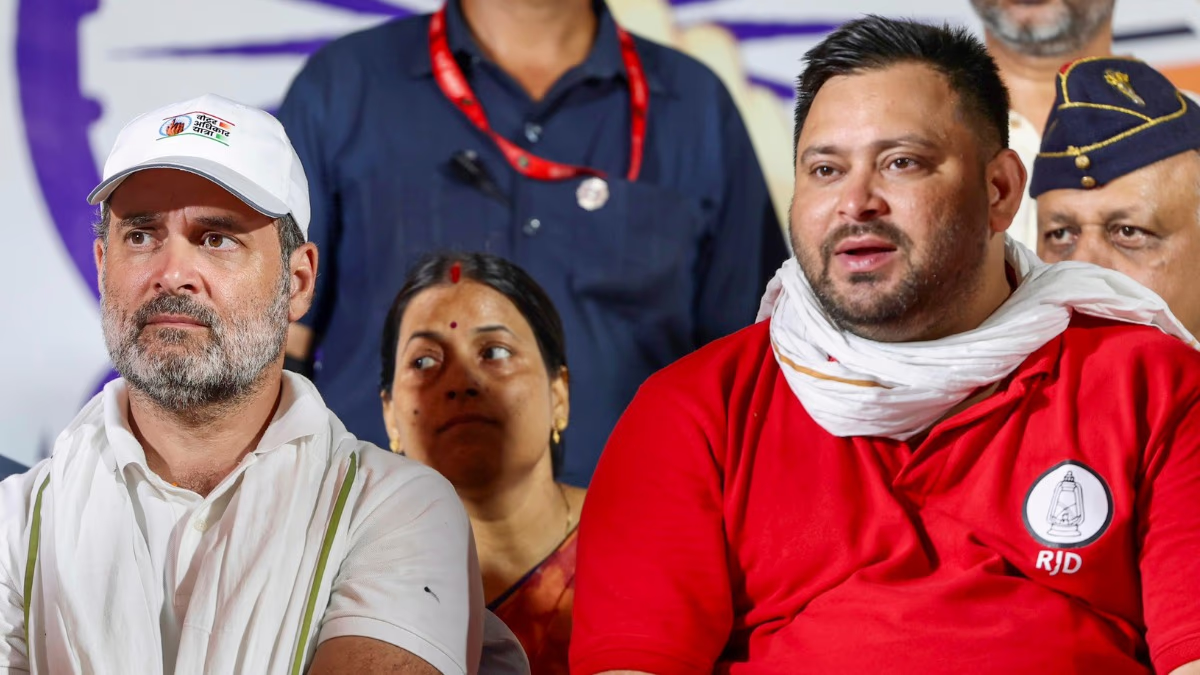The Shanghai Cooperation Organization (SCO) summit has closed in Tianjin, China, but its reverberations are unmistakably felt in Washington. The policies of US President Donald Trump, coupled with his unrestricted tariffs on India, have realigned global power dynamics. While Trump opted for a more lenient tariff stance with China compared to India, the tariff uproar has inadvertently brought India and China closer.
Changing Times, Changing World Order
There is global discourse around the power balance and India-China relations. Traditionally, China hasn't been a steadfast ally of India, but the shifting circumstances have spurred both nations to pledge trust in each other. Being two of the world’s largest economies with massive workforces, America’s missteps have rationally nudged India and China to consider coming together.
More Insights:
Trump's policies, America’s trade wars, and the tariff chaos have sparked potential shifts in the power dynamics. In his second term, Trump seems more assertive and strict, imposing a 50% tariff on Indian imports – with an additional 25% as a penalty for oil purchases from Russia. This appears to target India, while China, purchasing more oil from Russia, experiences no such severity. This inequity has fueled tensions in Indo-US relations.
Easy on China, Tough on India
Trump's leniency towards China is part of a divisive strategy to align with Pakistan and China, aiming to exert influence in South Asia. He threatened to hike tariffs on China but postponed it repeatedly, extending them by three months to continue trade negotiations. This softness stems from America’s reliance on rare earth elements and maintaining camaraderie with Pakistan.
Recent events have made Trump’s closeness with Pakistan a globally discussed affair. Following Pakistani Army Chief Asim Munir's Washington visit, Trump’s oil deal announcement with Pakistan has pitted America against India. This is a significant cause of strain in India-US relations.

Source: aajtak
India’s Pursuit of New Alternatives
Heavy tariffs on Quad countries like India and Japan have undermined the alliance's cohesion, potentially allowing China to bolster its influence in the Indo-Pacific. Alienating Japan, India, and the US, Trump challenges Quad’s relevance, which includes only these nations with Australia.
More Insights:
Trump’s policies have affected global power dynamics. Previously, America’s strategic ally, India is realigning relations with nations like Russia and China. This shift is why Trump's strategies are deemed ‘foolish’ as they might isolate America’s traditional allies.
Emphasizing Close Ties with China
America’s recent stance paved the way for India and China's coming together, primarily due to a hefty 50% tariff. The US is India’s largest export market, with India exporting 2.2% of its GDP there. The massive tariff could affect $60.2 billion worth of exports in textiles, jewelry, and pharma, impacting millions of jobs.
China countered US tariffs with a 104% response but proposed trade and diplomatic collaboration with India, emphasizing their economic ties based on mutual benefit. Sunday witnessed PM Modi initiating stronger, respect and trust-based India-China relations, acknowledged by President Xi as timely.
Firm on Oil Deals with Russia
India has firmly declined US pressure. It justifies buying oil from Russia as crucial for its citizens’ interests and global stability. India also exposed America’s dual standards, consistently acting to protect its sovereignty. Yet, Trump’s policies nudged India towards a multipolar world, expanding cooperation with nations like Russia, China, and BRICS platforms.
In America, advisors like Peter Navarro might strain relations, but a broader audience worries about India tilting towards China. Former US Secretary of State John Kerry criticized Trump’s policies that distance longtime allies. He shared concerns over tensions between PM Modi and Trump.
India-China Conversations Captivate the US
Additionally, former US Ambassador Nikki Haley urged America to resolve oil purchase issues with India via dialogue. She noted the necessity of allies like India to counter China while emphasizing that shared, democratic histories could mitigate current tensions.
More Insights:
Meanwhile, Beijing’s strategic analysts opine that India-US tensions could present China opportunities to expand its hold in Asia. Xi Jingping openly welcomed PM Modi, saying that strengthening ties in a changing world is optimal.
Moreover, India and Russia are poised to bolster their strategic partnership. Trump’s policies have inadvertently closed the gap between these already collaborative nations. Thus, the Russia-India-China (RIC) alliance is gearing up as a response to US strategies.




